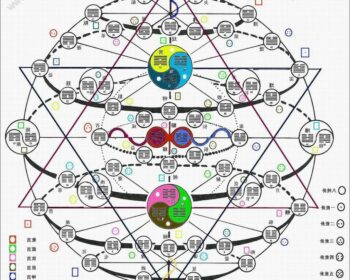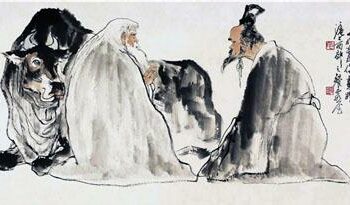“Zhai” means vegetarian meal, and “Jiao” means offering and prayer.
Read more

“Zhai” means vegetarian meal, and “Jiao” means offering and prayer.
Read more
“Morning and Evening Classics” are two important Taoist scriptures which record the principles of Taoism and the rules of conduct for all Taoists. All Taoists must follow the guidance of these two classics in order
Read more
Taoist philosophy has its roots in “Yi-Jing”. “Yi-Jing” is a Chinese classic, it states “Wu-Ji” (Nothingness) gives rise to “Tai-Ji” (Unity); “Tai-Ji” gives rise to “Liang-Yi” or Dual equilibrium; “Liang-Yi” gives rise to “Si-Xiang” or
Read more
“Ji-Shi-Li-Wu” means philanthropy or helping the world. “Qi-Tong-Ci-Ai” means universal love. These are the two things all Taoists must do.
Read more
“Xian-Dao-Gui-Sheng” means Tao deems all lives precious. Taoism is about eternal life, and believes all lives can achieve eternity. Therefore, all lives are precious and should be respected. Taoism is against killing and suicide.
Read more
“Tian” is the word for sky or Heaven, “Ren” the word for man, and “Gang-Ying” the word for induction. Taoism believes that the Tao of Heaven, the Tao of Nature and the Tao of Mankind
Read more
“Qing” indicates “purity and cleanliness” and “Jing” means “silence and tranquility”. Taoism believes “Qing-Jing” is the basis for Dao. Only in the state of “Qing-Jing” Dao will come to dwell. The concept of “Qing-Jing” has
Read more
The concept of Wu-Wei, literally “non-doing” or “not for any purpose”, came from “Dao De Jing” where it says “Therefore the Master acts without doing anything, and teaches without saying anything”, and “Practice not-doing, and
Read more
Cheng_Fu, literally bearing the negative, means “cause and effect”.
Read more
“Wu” here refers to the fifth day by the “Tian Gan” time system.
Read more